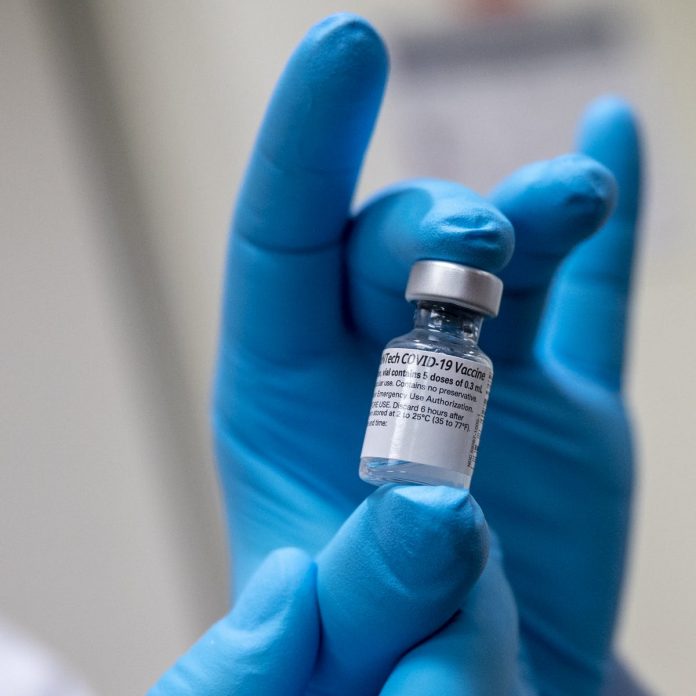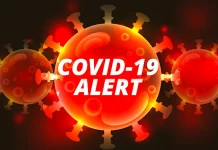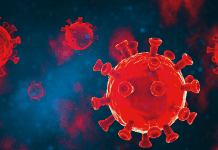The Multilateral Leaders Task Force, which includes the International Monetary Fund (IMF), the World Bank Group (WB), the World Health Organization (WHO), and the World Trade Organization (WTO), has expressed concern that without immediate action, the world may not be able to reach the end-of-2020 target of vaccinating at least 40% of the population in all countries, which is a critical milestone for ending the pandemic and for g
The Task Force stated its position at a meeting with CEOs of leading vaccine manufacturing companies to discuss strategies to improve COVID-19 vaccine access, particularly in low- and lower-middle-income countries and Africa.
The Task Force has joined forces to accelerate access to COVID-19 vaccines, therapeutics, and diagnostics by leveraging multilateral finance and trade solutions, especially for low- and middle-income countries.
The goal is to vaccinate at least 40% of the population in each country by the end of 2021, and at least 60% by the middle of 2022.
Read Also: Nigeria, two other countries may be added to the UK’s COVID-19 travel risk list
The Task Force members stated in a statement that, despite adequate global vaccine production in aggregate, vaccine doses are not reaching low- and lower middle-income countries in sufficient quantities, resulting in a vaccine inequity crisis.
As a result, the Task Force urged countries that have purchased large quantities of vaccine doses, as well as vaccine manufacturers, to work together in good faith to expedite COVID-19 vaccine supplies to COVAX and AVAT, two multilateral mechanisms that are critical for equitable vaccine distribution.
The Task Force members praised the CEOs’ willingness to collaborate with them to eliminate vaccine inequity, as well as their willingness to form a technical working group with the Task Force to share and coordinate vaccine production and delivery information.
They stressed, however, that if the 40 percent coverage threshold is to be met in all countries by the end of 2021, countries with high vaccination rates that have collectively pre-purchased over two billion doses in excess of what is needed to fully vaccinate their populations should “swap their near-term delivery schedules with COVAX and AVAT; fulfill their dose requirements as soon as possible.”
Read Also: Covid-19 protocol: Nigeria accuses the UAE of applying double standard
The Task Force argued that doses should be delivered to the countries that need them the most, especially low- and lower-middle-income countries.
As a result, it has requested that vaccine manufacturers share information on month-by-month delivery schedules for all vaccine shipments, particularly COVAX and AVAT.
WHO emphasized its call for a moratorium on booster doses until the end of 2021, with the exception of the immune-compromised, in order to help low-income countries optimize their supply.
Read Also: Yahaya Bello is one of Nigeria’s best-performing governors – Group
The Task Force also urged all countries to address COVID-19 vaccine export restrictions, high tariffs, and customs bottlenecks, as well as the raw materials and supplies needed for vaccine production and timely distribution.
Join Television Nigerian Whatsapp Now
Join Television Nigerian Facebook Now
Join Television Nigerian Twitter Now
Join Television Nigerian YouTUbe Now





